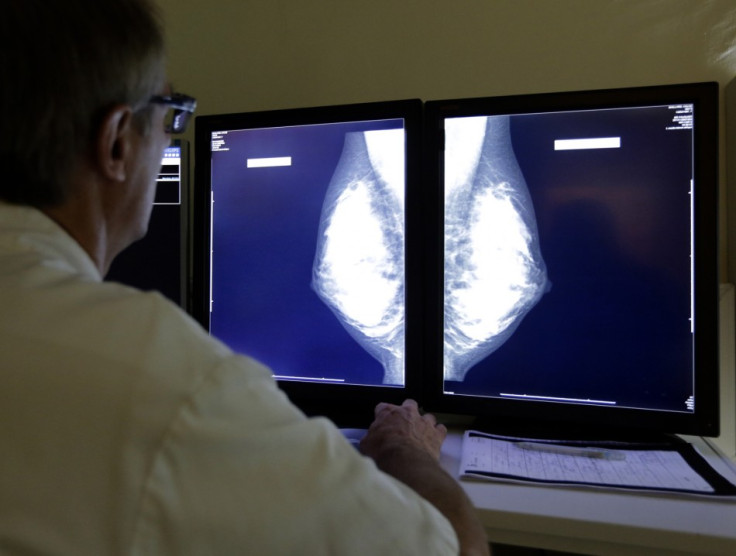Cancer research: Dual role protein could be potential drug target

A protein associated with the immune system has been shown to play a key role in development of the breast as well as milk production in lactating women.
The finding suggests the protein could be a target for breast cancer drugs.
Cancers such as lymphoma have also been linked to the protein, suggesting that denying access to the protein can limit growth of tumours and even kill the cancerous cells.
"Our work has highlighted [the protein's] very direct importance in breast development and therefore possibly breast cancer," said Walter and Eliza Hall Institute researcher Geoff Lindeman.
The finding is also expected to have major implications for the dairy industry, reports The Age. The study was published in Nature Cell Biology.
Working with colleagues Nai Yang Fu and Jane Visvader, Lindeman found the protein MCL-1 was crucial for keeping milk-producing cells alive during lactation.
The paper's lead author, Dr Fu, said the protein levels increased dramatically in the breast within 12 hours of giving birth.
The protein was also found to be important during other stages of breast development, such as puberty and pregnancy.
The research team further established a link between the MCL-1 protein and a growth factor EGF which triggered its production.
This was the same growth factor that has already been linked to cancers, including breast cancers.
The institute had published its work last year showing that the protein also functioned as a switch that could turn the body's immune cells on or off, making it key to the immune system.
Benefits could include reduced side-effects from treatment because the white blood cells only target foreign, diseased or cancerous cells, unlike chemotherapy, which targets healthy cells as well.
While the study focused on the stages of normal development of the breast, it is expected to help scientists understand abnormal development.
"Breast cancer is just normal development which has gone awry, it's a series of genetic mishaps," Lindemann said.
© Copyright IBTimes 2025. All rights reserved.





















